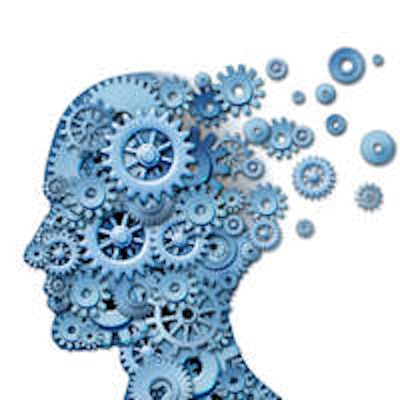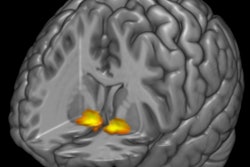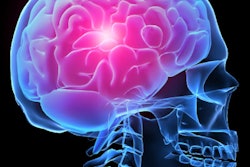
Researchers using functional MRI (fMRI) have determined that the strength of connections between various parts of the brain in older adults may be affected by fitness level, according to a study published online in NeuroImage.
The results suggest that greater cardiorespiratory fitness, or aerobic fitness, is related to stronger brain connections and likely better brain function in aging adults, the University of Illinois reported. The study is the strongest evidence to date that fitness in an older adult population is key to brain health, according to the researchers.
When lead author Michelle Voss and colleagues measured resting-state functional connectivity in younger and older adults, they found that younger adults had stronger connections. The group then measured the effect of cardiovascular fitness on resting-brain connectivity in older adults (NeuroImage, October 19, 2015).
They found a relationship between fitness and connection strength among certain brain regions in older adults at rest that was independent of their level of physical activity. Fitness is determined by how efficiently someone uses oxygen during physical activity; while regular physical activity such as running may influence fitness and brain health, other factors such as genetic makeup can also play a role.
Based on this study and other research, the benefits of fitness seem to occur within the low-to-moderate range of endurance, Voss noted. This suggests that benefits for the brain may not depend on being extremely fit.
"Overall, our findings provide further support that cardiorespiratory fitness is an important factor in moderating the adverse effects of aging on cognitively and clinically relevant functional brain networks," Voss and colleagues wrote.




















